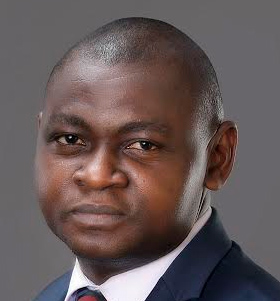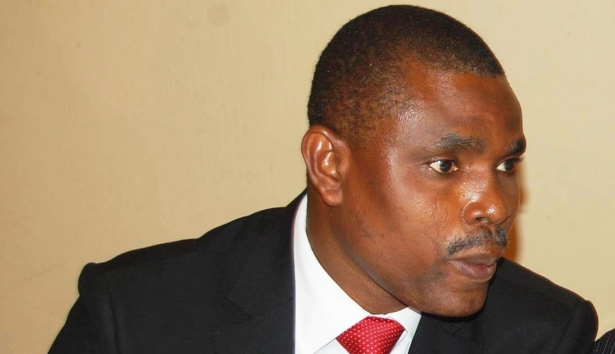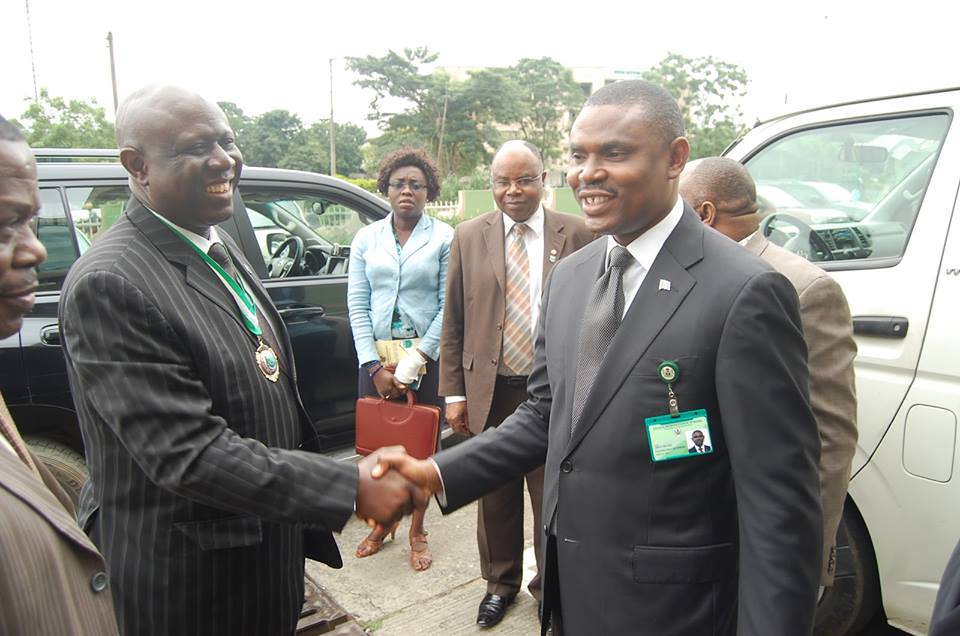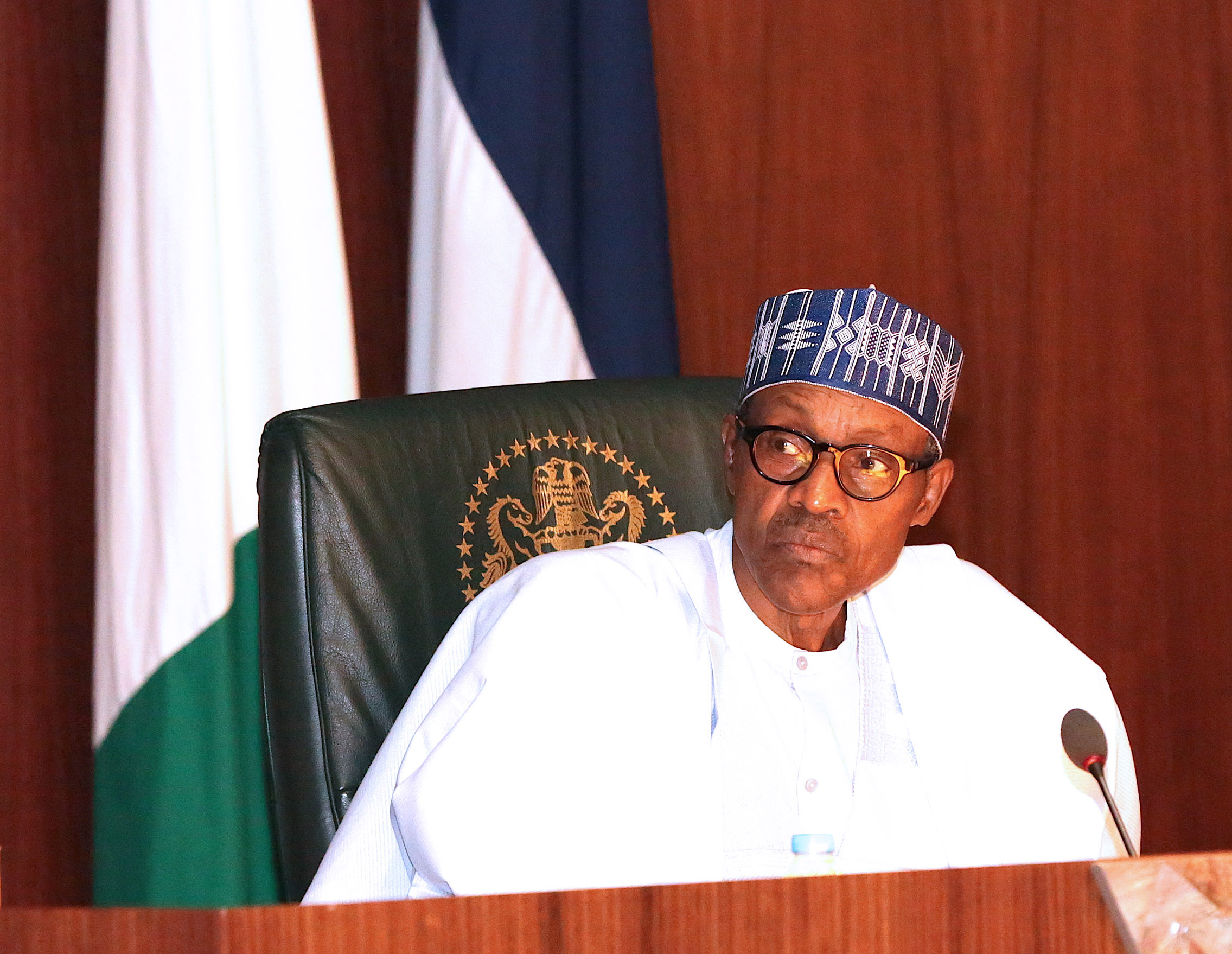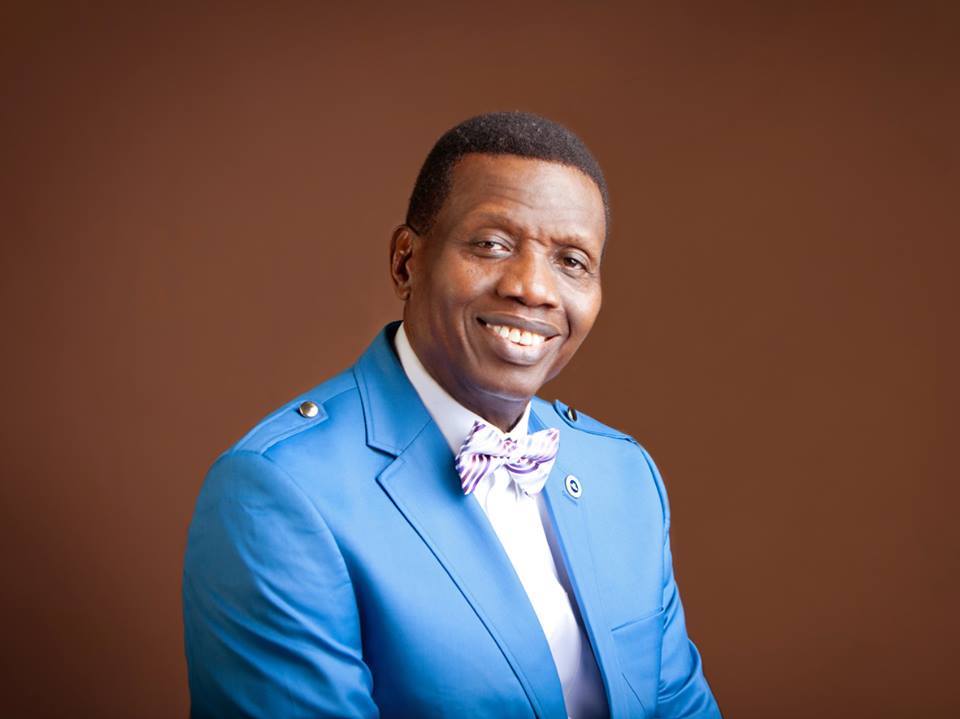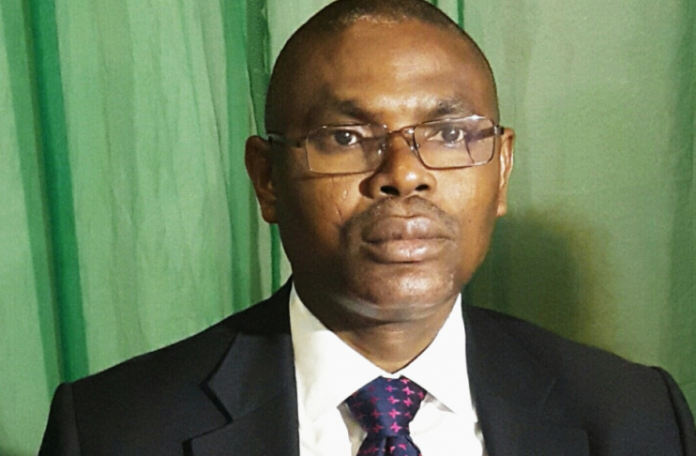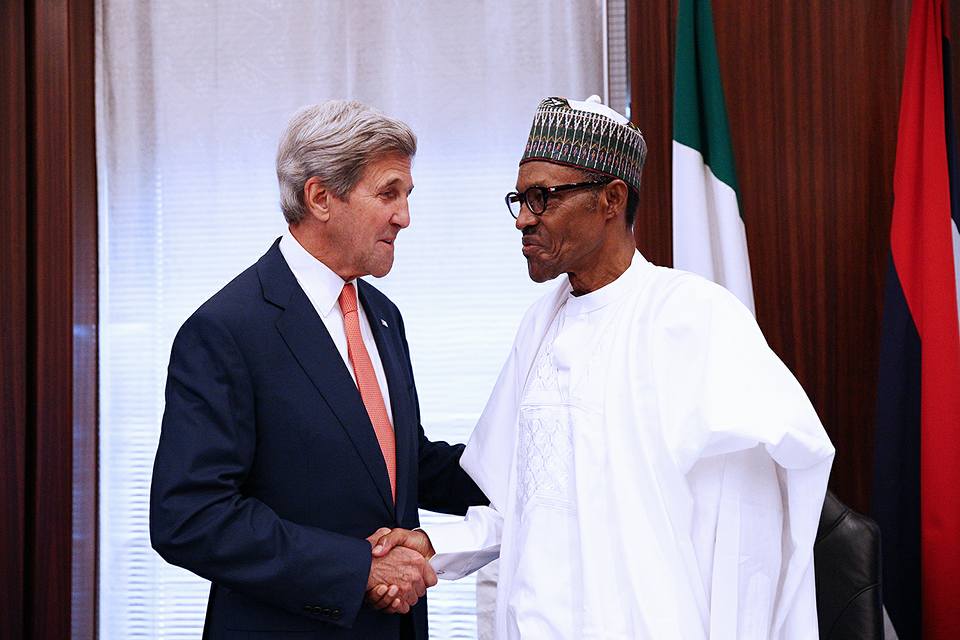It was King Solomon, the wisest man of his age, who wrote in his book, Proverbs, that “Wisdom is the principal thing.” He further counselled: “Therefore, get wisdom. And in all your getting, get understanding.” Since Solomon gave that free advice thousands of years ago and till now, the sense in his statement cannot be pushed aside by anyone desirous of advancing in life and especially by all those interested in governance and public administration.
This is because serving the public is no mean task in any way. Being in the public eye is no easy job at all. And errors usually come at great cost. Hence, those who will hold these positions must understand their environment well and be on top of their game. Not some of the time. But all the time!
Unfortunately, we have elected and appointed fellows in Nigeria, who have tons and loads of genuine and fake academic certifications but are evidently lacking in this much-required qualification for public leadership.
The case of a public servant, whose action caused the surprise stepping down of the notable shepherd of a popular flock in the land who has said he will now concentrate on overseeing his other flocks in other countries of the world after he stepped down from his position over the weekend, aptly illustrates this!
Advertisement
Now, let’s get it clear. With facts that have so far emerged indicating that Mr. Jim Osayande Obazee, the sacked Executive Secretary/Chief Executive of the Financial Regulatory Council of Nigeria, had disobeyed a directive of Okechukwu Enelamah, the Minister of Industry Trade and Investment, for the suspension of the implementation of the controversial Corporate Governance Code 2016 which, among others, stipulates a 20-year tenure for heads of religious groups and civil rights organisations, it is clear that only a leader who doesn’t understand his operating environment well enough and who also embraces foolishness rather than wisdom, toes the line Obazee decided to thread.
Section 9.1 of the FRC’s controversial code states: “The founder or leader of a NFPO occupies a special position in the organisation and is committed to the success and longevity of the NFPO; accordingly, a founder or leader should not take on too many responsibilities in the organisation or have an indefinite term in the running of the organisation, and is expected to not stay in office for more than 20 years.”
Now, if Obazee had the good sense of judgement as one would have expected of a public official of his status, he would have understood that such proposition he wanted to slam on churches and other religious organisations is a dangerous idea which would not fly in a delicate federation like ours where religion is an extremely contentious issue. He would have simply respected himself and obeyed his supervising minister. Sadly, he missed it and is now out in the cold.
Advertisement
On an aside, I would have even preferred the Presidency suspending the code and not necessarily sacking Obazee. The code was the problem, not the man. However, as a leader and a man under authority myself, I know that his disobedience to clear instructions from his boss on no less than two occasions, evident insubordination, is too serious a matter to be taken lightly. I think he has no one but himself to blame for courting different types of controversy since he was appointed into the position in November 2010 during the administration of former President Goodluck Jonathan.
Indeed, in a country where we’ve had age-long religious crises including claims and counter-claims on the agenda of a certain part of the country to Islamise the whole land, implementing the code would have created unnecessary tension, deepened the religious divide among the people and further polarised the country. That is why, as far as I’m concerned, government would be overstepping its bounds on churches and other religious organisations and leaders if it goes ahead with the code as it currently is.
Frankly speaking, what right or locus standi does a government or any of its agencies have to ask religious leaders, especially pastors and General Overseers who profess to have been called into ministry by God, to resign from their positions by the force of law?
Fellow Nigerians and my dear readers, Section 38 (1) of the 1999 Constitution of the Federal Republic of Nigeria (as amended) provides that “Every person shall be entitled to freedom of thought, conscience and religion, including freedom to change his religion or belief, and freedom (either alone or in community with others, and in public or private) to manifest and propagate his religion or belief in worship, teaching, practice and observance.”
Advertisement
Therefore, if followers of a particular religious sect in their wisdom decide to have a certain figure as their leader for 30 or 50 years so long they feel such fellow has all it takes, physically and spiritually, to effectively function in that capacity and lead them, in what specific way does their choice affect the running of governance, the provision of infrastructure, the fixing of the power sector, and the general delivery of developmental projects for the larger population by those voted into power?
On a personal level, if, after retiring from my media career, I choose to preach the ‘good news’ at age 70 for instance, how’s that also government’s concern? Or if I claim that God called me to set up a mission in his service at age 75 and I eventually hand over the mission to my posterity, in what way has that broken the laws of the land?
Finally, brethren, I’m not saying that government cannot in some ways regulate the operations of churches. Far from it! Again, financial accountability by religious organisations and leaders is critically important if noticeable abuses are to be stopped by the society. But to want to determine the tenure of spiritual leaders like the government wants to do through that code is taking things too far. It’s simply going beyond bounds as far as I’m concerned. That’s what I’m saying.
It is good that Enelamah, on behalf of the federal government, has announced the suspension of the controversial code which was issued last October 17 by the FRC in order to carry out a detailed review, extensive consultation with stakeholders and reconstitution of its board. That’s a wise decision. In reviewing the code, religious organisations may have to be clearly separated from NGOs moving forward.
Advertisement
In conclusion, I agree that this is a controversial issue. I also admit that it is a debate that will not end anytime soon. But I’ll advise the government to thread with caution if it doesn’t want to be seen as meddling into affairs it lacks jurisdiction on. With the relative peace across the country, the Buhari administration must not allow anything that could compound the religious tension in the country. Nigeria, certainly, doesn’t need such. It’s a distraction we can’t afford, not now so early in the New Year. Wisdom!
Please, follow me on twitter: @ofemigan
Advertisement
Views expressed by contributors are strictly personal and not of TheCable.
Add a comment
